News Desk
The News Desk provides timely and factual coverage of national and international events, with an emphasis on accuracy and clarity.
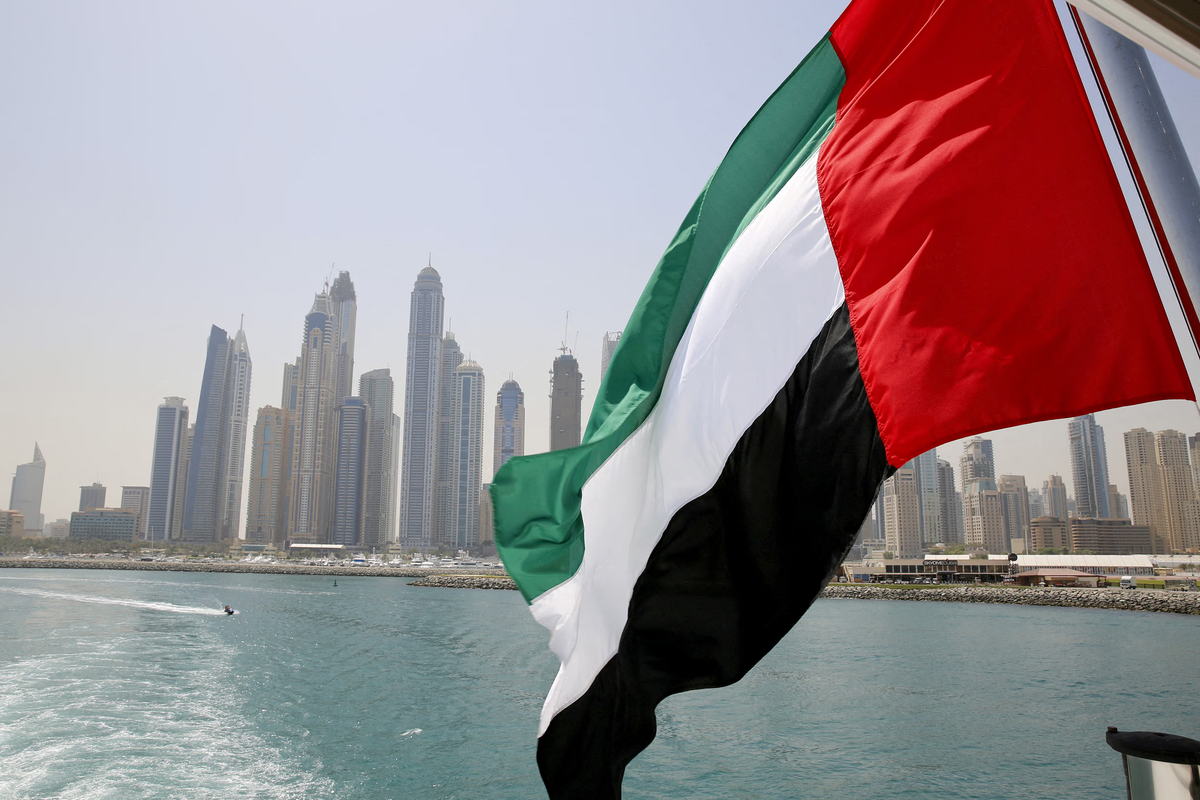
The World Bank has praised the United Arab Emirates for emerging as a regional leader in human development and in implementing forward-looking policies that empower women and young people.
Fadia Saadah, the Bank’s Regional Director for Human Development covering the Middle East, North Africa, Afghanistan and Pakistan, said the UAE has developed a comprehensive framework that supports work-life balance and promotes women’s participation in the labor force.
In an interview with the Emirates News Agency (WAM) following the launch of the World Bank’s latest flagship report, “Embracing and Shaping Change: Human Development for a Middle East & North Africa Region in Transition,” Saadah highlighted how the UAE’s 2022 labor law reforms have expanded access to part-time, temporary, remote, and shared work arrangements—creating more opportunities for women and youth alike.
She added that parental leave reforms introduced in 2021 have further strengthened work-life balance, while investments in early childhood education and affordable childcare continue to equip women and youth with the tools needed to thrive in the modern economy.
Saadah also pointed to the UAE’s flexible labor mobility framework—featuring the Golden and Green Visas for skilled professionals, investors, and freelancers, as well as job search and remote work permits—as an example other MENA countries could adapt to attract talent and foster innovation.
“The UAE’s policies on unemployment insurance, wage protection, and ethical recruitment have enhanced labor safeguards, while also supporting a dynamic and diversified economy,” she noted.
The World Bank report acknowledges that while human capital in the MENA region has seen significant gains in recent years, sustained investment is needed to ensure inclusive and resilient growth. It identifies three key trends—ageing populations, climate change, and technological transformation—as critical forces reshaping the region’s development outlook.
Saadah said Gulf countries are well-positioned to focus on digitalization and ageing, while middle-income states could prioritize fiscal sustainability, and lower-income or fragile nations should work to preserve human capital and strengthen institutions.
“With continued commitment, the region can turn its challenges into catalysts for inclusive and sustainable progress,” she said.


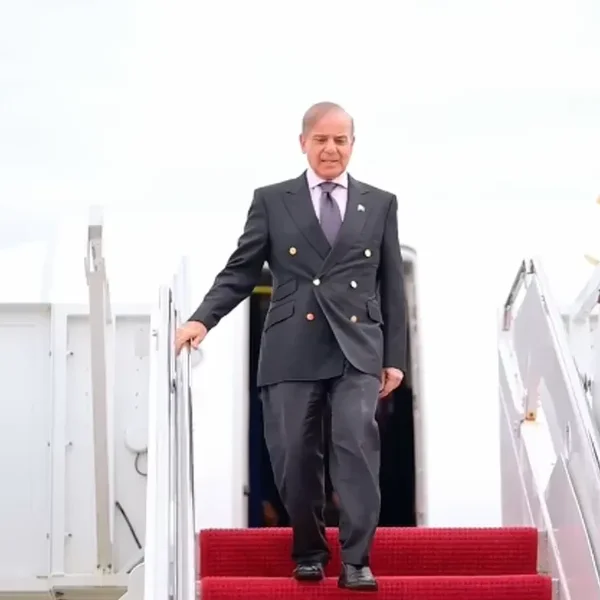

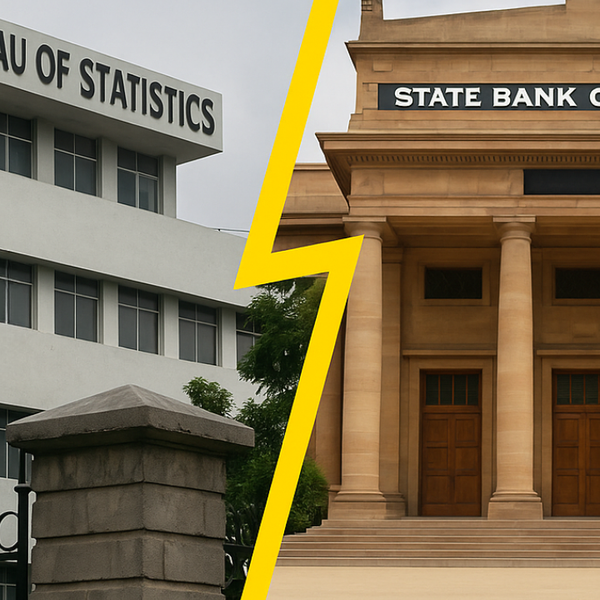
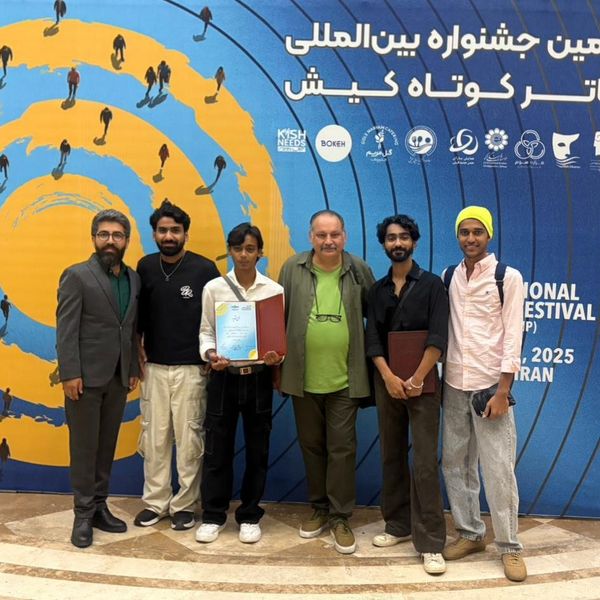

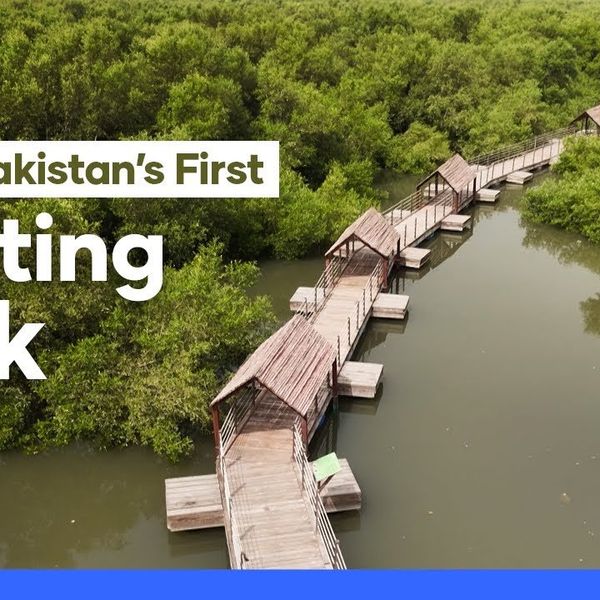


Comments
See what people are discussing